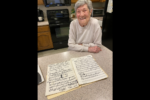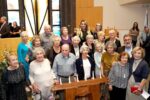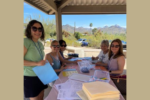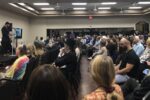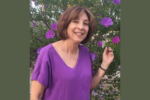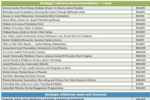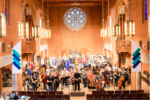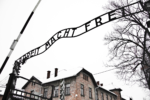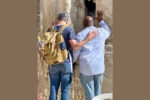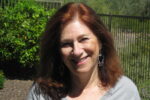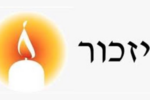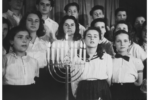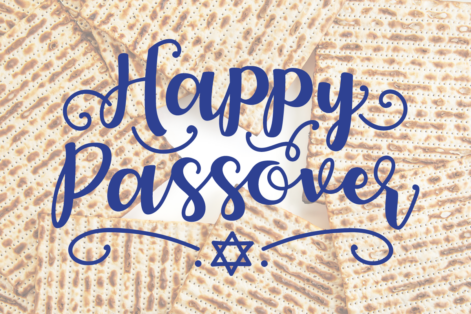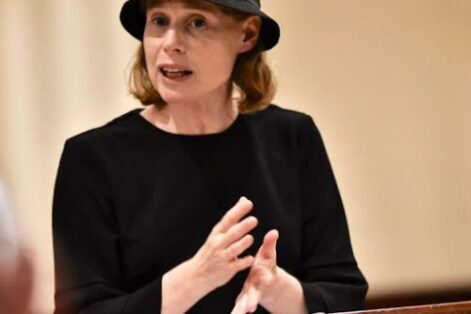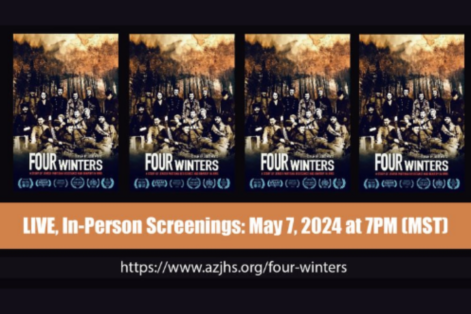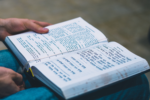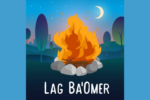Writing is hard. There’s no way around it. Sitting down and grinding out word after word in an attempt to make a cogent argument or tell an interesting story takes time and effort, and sometimes, frankly, it just sucks.
But a writing project that involves multiple sermons and thousands of words — well, that’s something else entirely.
It’s just the kind of writing that rabbis all over the city are doing right now as they prepare timely and meaningful messages for the High Holidays.
When you’re doing it for the first time, it can seem impossibly daunting. Cantor Roger Eisenberg said he was nervous about writing and delivering his first ever High Holiday sermons for Congregation NefeshSoul. He’s used to being on the bimah to sing, but the sermon thing — he’s not so sure what that will be like. Luckily, he started writing early, and he’s anxious to get the show on the road.
On the other hand, — and off the record — many rabbis confessed they’re dragging their heels a bit. Congregation Or Tzion Rabbi Andy Green didn’t mind admitting that when it comes to these sermons, he’s a bit of a procrastinator.
“It’s not that it’s hard to prepare a sermon — we do it professionally,” he said. “But there are so many messages to share and if you share too much, a message becomes muddled and you end up sharing nothing.”
While what he has to say won’t be finalized until closer to the big day, he said the final draft will be “a coherent, Jewish, meaningful message to enable people to live more richly.”
Rabbi Dana Evan Kaplan said he doesn’t put pen to the page until weeks before the big event, but he started thinking about what he might talk about right after the end of last year’s High Holidays. That’s what he does every year at Temple Beth Shalom of the West Valley.
“This year we all have a sense of optimism that the worst of COVID is behind us, tempered with a certain degree of cynical realism that the world is still a dangerous and unstable place for all sorts of reasons. This instability makes it hard to finalize any message too far ahead of time,” he said.
He can see the big picture, but the details depend on what happens the last few weeks before Rosh Hashanah.
Rabbi Laibel Blotner writes a series of notes rather than a complete sermon. “I look at the notes and my brain gets the message about exactly what to say.”
Blotner also admitted that he has some jokes prepared for his congregants at Chabad Jewish Center of Mesa. He just wasn’t sure they were the kind of jokes he wanted published.
The words may come more easily to some, but the main message will likely be fairly consistent. These leaders want to provide insight and solace to their congregations and to remind their listeners that even when there are challenges, strength and resilience can be found, and they’ll be the ones helping to look.
For a more complete look at our rabbis’ sermons, click here.
This post has been contributed by a third party. The opinions, facts and any media content are presented solely by the author, and JewishPhoenix assumes no responsibility for them. MORE




